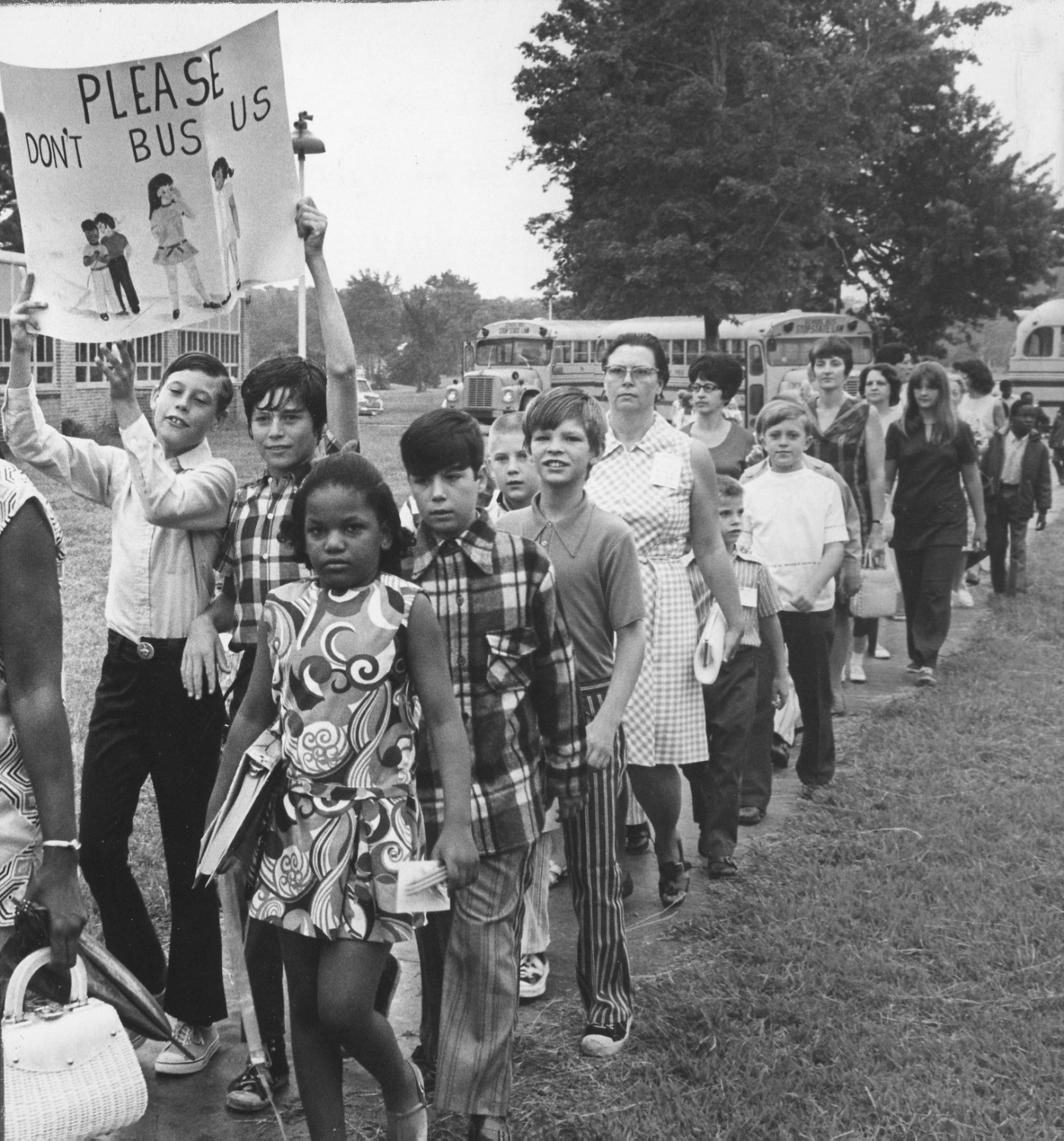The efforts of 26 teachers in Hampton, Virginia, during the 1965-66 school year are now being acknowledged as pivotal in the city’s desegregation of public schools. This recognition comes decades after the Brown vs. Board of Education ruling in 1954, which mandated the end of racial segregation in public schools across the United States. While many southern states resisted this decision for years, Hampton took a different approach, refusing to close its public schools and opting instead for a voluntary desegregation plan.
The city’s strategy, led by Hunter B. Andrews, who served as the school board chairman, involved the selection of a group of “pioneer” educators. These included both Black and white teachers who were willing to participate in the transition. Despite the challenges of the time, only 26 teachers of color stepped forward, as no white teachers agreed to join the initiative. Their courageous choice laid the groundwork for a more inclusive educational environment.
Hampton’s desegregation efforts began amid significant social unrest and hostility. The teachers faced threats and intimidation as they worked to integrate the school system. According to reports from the time, many children of color experienced trauma due to the aggressive resistance to desegregation, which often manifested through verbal and physical abuse.
The 26 teachers were organized into teams, with two assigned to each of the city’s 13 schools. Their role was crucial in fostering a safe and supportive environment for students during this transformative period. Despite their significant contributions, efforts to identify and honor these teachers have proven challenging. Community members, including Nancy Williams, advocate for recognizing these educators as pioneers of desegregation in Hampton, emphasizing their essential role in shaping a more equitable education system.
In a related discussion, concerns have been raised regarding funding for WHRO Public Broadcasting, which serves the Tidewater area of Virginia, including Hampton. Congresswoman Jen Kiggans faced criticism for her recent vote to retract previously approved funding for the station, which has been a vital resource for local communities. Critics, like Peg S. Volk, a member of the WHRO Community Advisory Board, argue that this decision undermines essential services that benefit the region, particularly in light of WHRO’s contributions to local education and environmental awareness.
The situation reflects broader issues concerning local governance and community needs. As the region grapples with these challenges, residents are calling for greater dialogue with their representatives. The hope is to create opportunities for discussions that address the pressing matters affecting the quality of life in Hampton Roads and the Eastern Shore.
These issues highlight the ongoing struggle for equity and representation in education and community services. As Hampton continues to reflect on its past and present, the legacy of those 26 pioneering teachers remains a critical part of its history and a reminder of the importance of inclusive practices in education.






































































